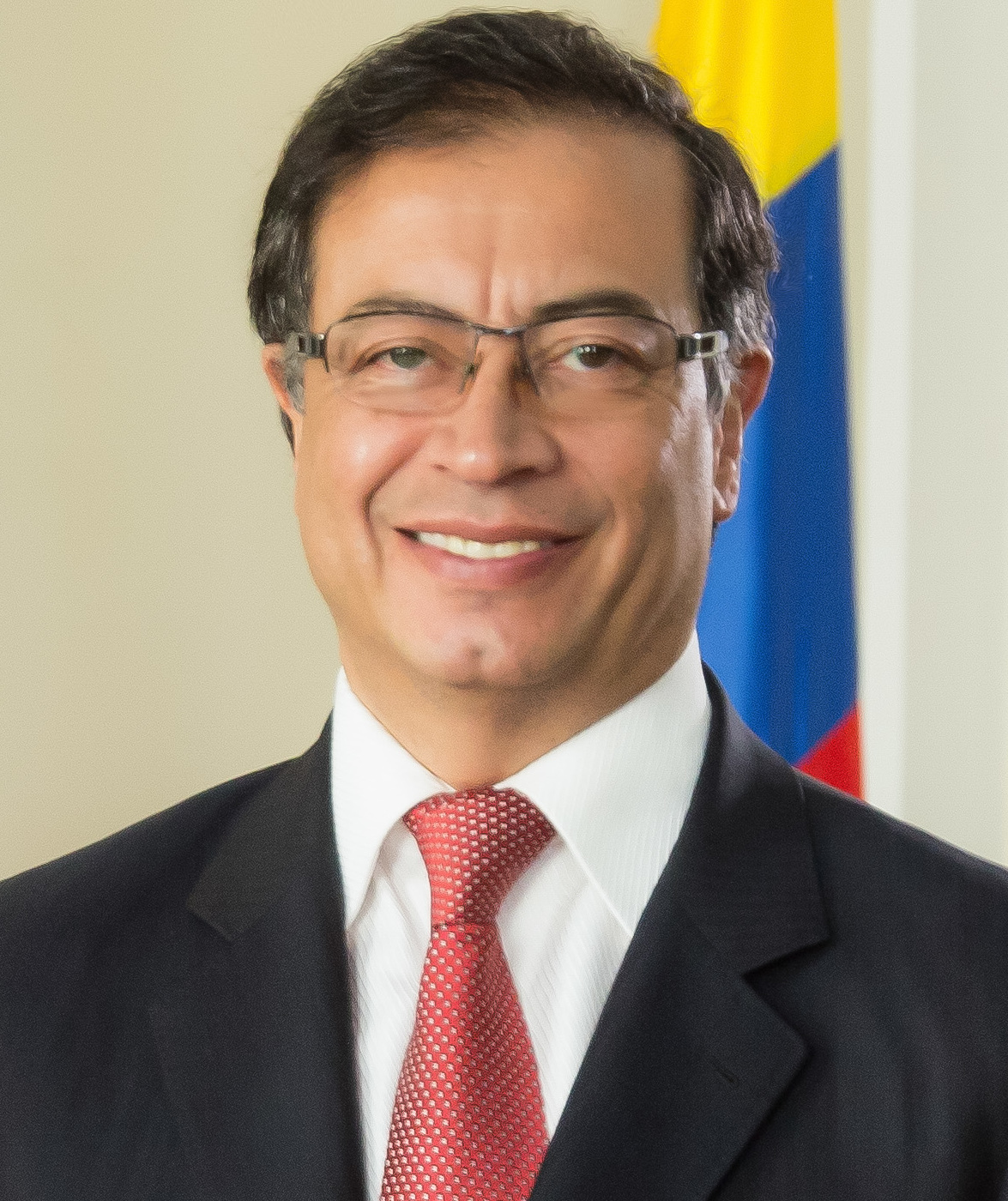Colombia's Struggle for Land Justice: A Promise Unfulfilled
Colombian President Gustavo Petro's ambitious land redistribution plan faces challenges including crime gangs, bureaucracy, and budget constraints. Since his election, only a fraction of the promised land has been acquired to fulfill peace deal terms with FARC. The slow progress risks perpetuating inequality and violence in the region.

Colombia's President Gustavo Petro, the country's first leftist leader, has encountered significant obstacles in fulfilling his promise to acquire 3 million hectares for conflict victims under a peace agreement with the FARC. The endeavor faces hurdles from criminal groups, budgetary issues, and bureaucratic inefficiencies.
Despite Petro's plans, only part of the promised land has been acquired, exposing thousands of farmers, like those in Monteria, to continued uncertainty. The government's ability to fulfill these promises is crucial as lives of victims remain in limbo, vulnerable to violence and exploitation amidst Colombia's enduring conflict.
Colombia's land reform is part of a larger global struggle for redistribution seen in other countries like South Africa and Brazil. The ongoing challenges highlight the complex dynamics of land rights in conflict regions and point to the urgent need for effective governmental interventions.
(With inputs from agencies.)










